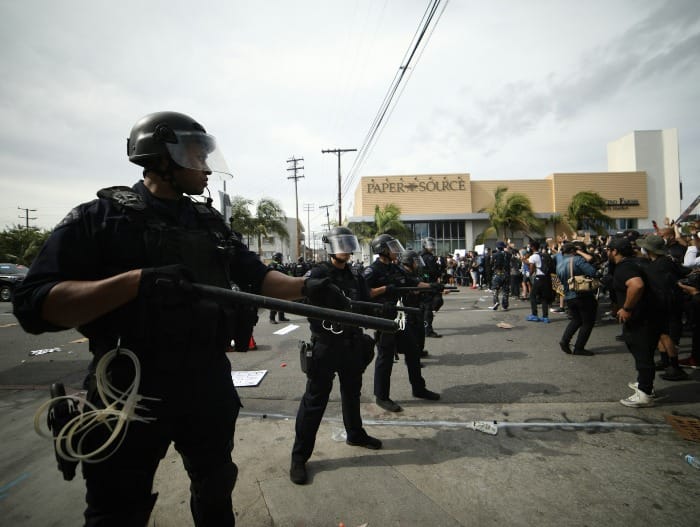Pro-Choice or Pro-Life: Is the Decision Driven by Politics, Gender or Culture?
Pro-Choice can be driven by politics, gender, or culture, depending on individual perspectives. Politically, it centers on abortion rights; in gender discussions, it's about women's autonomy over health laws; while culturally, it addresses healthcare equality for underserved women.

One has to think about what Pro-Choice means to a believer and how it fits in with their everyday lives. As a country, we have seen this topic being highlighted on mainstream media and during table talk a lot in this election and in other previous election cycles. Still, I haven’t heard anyone ask the question about the views of an individual’s understanding of what Pro-Choice means to them. In Politics, the focus is wrapped around the right to abortion. In the gender discussion, the focus is on the right to make laws that support women’s health and have them legislated by women, not by men. In Cultural conversation, mainly in the under-represented groups, the focus is on getting and receiving equal, affordable, and quality women’s healthcare within their communities.
As you can see, Pro-Choice can mean many things depending on which group, if not all of them, you may be associated with within your life. Pro-Choice is not a one-fit solution; there must be an authentic conversation on resolving this problem. We as Americans can’t continue to have this issue be fixed by putting a bandage on it and only allowing it to become an important issue when a candidate needs it for a platform for some government position.
We must look at the argument, which is Pro-Choice vs. Pro-Life. We have most of our male counterparts’ pro-claim that the unborn child's life is more important than the women who are carrying them to full-term. This notion is far from fact because they forget or just plain out and don’t want to acknowledge their position in a family and community environment like a teacher, mother, sister, mentor, or partner. When you position her place in life, you start to realize how many other lives you displace or ruin because of the loss of her life versus an unborn child that has not begun theirs.
We as people must take a hard look at life and see it for what it is, not as what we are being told it should be for people who haven’t experienced or shared a life situation where this choice must be made. I can share from experiences that this is not a task I wish on anyone, the woman who must go through this experience or the man who must deal with the fear of possibly being a single father due to the chance of losing his partner. To put this in perspective, not everyone has the luxury of nannies or living close to loving people who have time to help raise children while trying to survive in today’s society.
We must demand better, not ask, but demand. Our country is only as strong as those who live in and run our communities. Pro-Choice issues are important to me because this has been a space where my family has and continues to experience complications with pregnancies and inequalities in healthcare. I also have had discussions with others from different backgrounds and asked about their stance on Pro-Choice; I have learned that the problem must start from individual states first for it to change nationally. Our laws are not made by the President but by the Senate and Congresspeople; we vote for these seats locally.
So, suppose we want Pro-Choice or Pro-Life laws and others that affect our everyday lives to change. In that case, we must be more proactive in our local politics, whether going to local community events to meet office officials, community volunteering to be part of the process, or running for a political office ourselves. If change is to happen, this is how we can make the changes we want to see in our lives. Now, the answer to the question of what drives Pro-Choice fire in your life is political, cultural, and gender, or all three. Once you know what drives you, then the next question I have for you is what you are going to do about it?




Comments ()